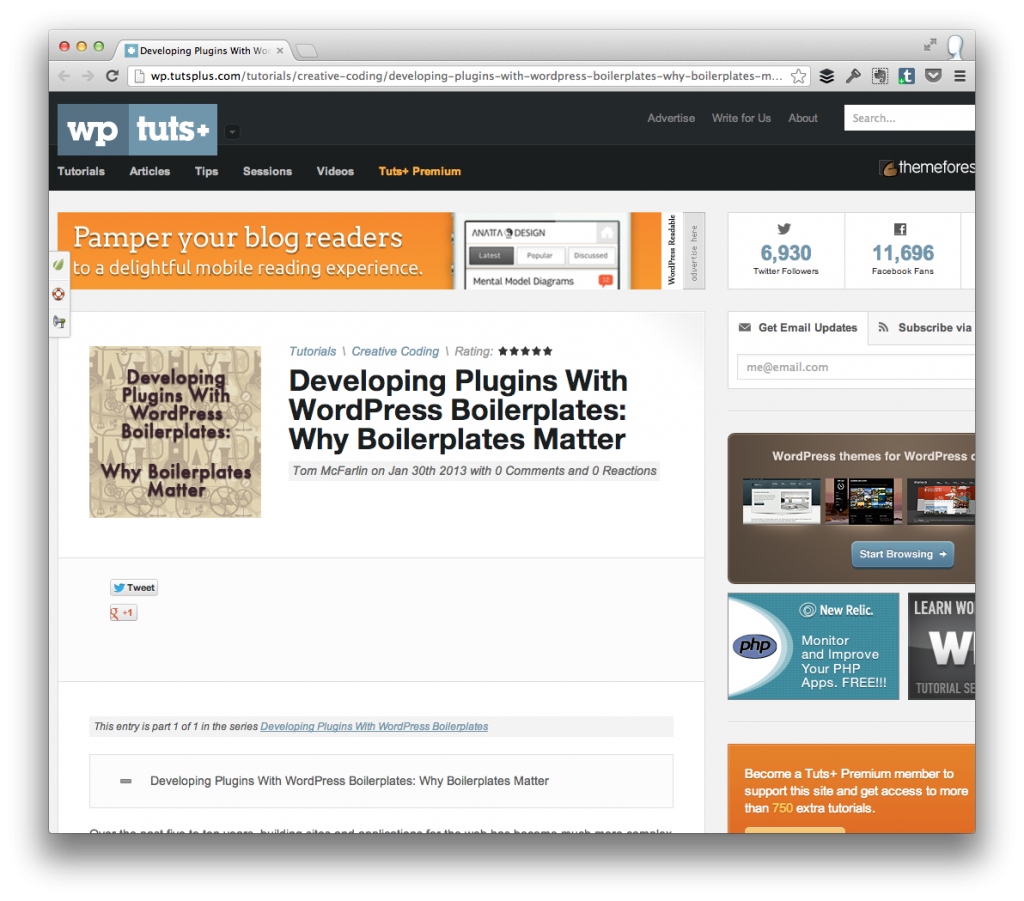As with practically anyone who considers themselves a digital native, I dig using Twitter. One of the things I love the most is seeing various people’s opinions on many things (not everything, but I digress), especially when it’s related to an interest of my own.
Last week, Baratunde tweeted the following:
https://twitter.com/baratunde/status/296319290263629825
Though I respect the opinion, and definitely get where he’s coming from – probably more than I’m going to convey in this post – I disagree with the sentiment.






